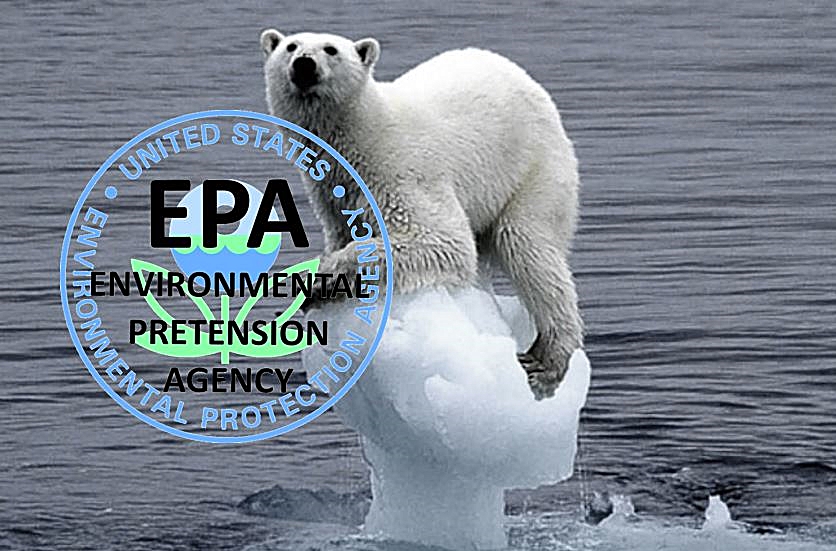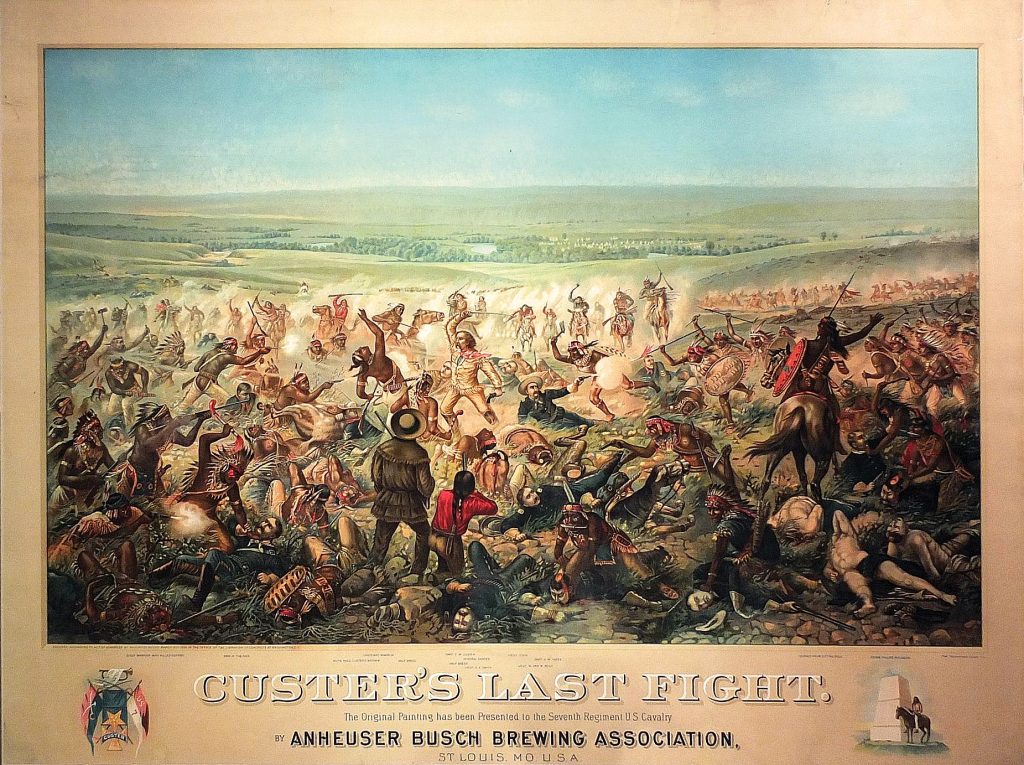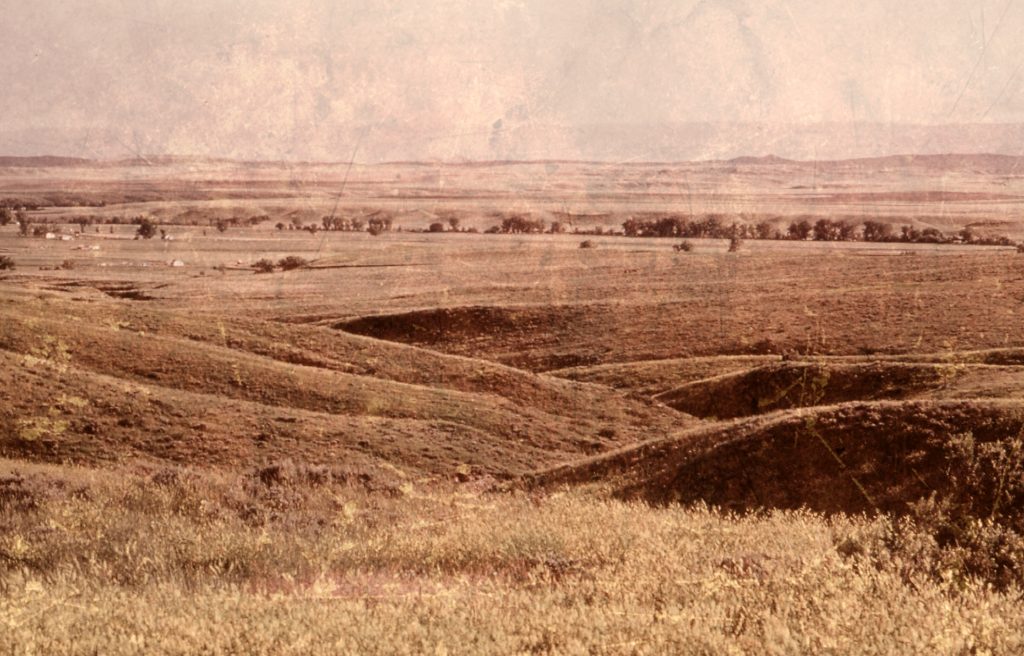“EPA regulators and agency-funded researchers have become accustomed to producing unaccountable, dodgy science to advance a political agenda,” Steve Milloy, author of JunkScience.com and “Scare Pollution: Why and How to Fix the EPA,” wrote in the Wall Street Journal.
Michael Sandoval
Environmental Protection Agency (EPA) Administrator Scott Pruitt plans to halt the “secret science” underpinning his agency’s regulations, opening a conversation about how studies can be weaponized in favor of onerous regulations without additional scrutiny and the transparency involved in determining how data and methodology are pursued or analyzed by outside researchers.
In an exclusive interview with The Daily Caller News Foundation’s Michael Bastasch, Pruitt said that transparency was a key objective of his proposed policy change.
“We need to make sure their data and methodology are published as part of the record. Otherwise, it’s not transparent. It’s not objectively measured, and that’s important,” Pruitt told DCNF.
Pruitt said that EPA regulators will no longer consider studies that don’t make their data publicly available. EPA-funded studies, according to DCNF, will need to make all data public.
“When we do contract that science out, sometimes the findings are published; we make that part of our rule-making processes, but then we don’t publish the methodology and data that went into those findings because the third party who did the study won’t give it to us,” Pruitt added.
That will no longer happen, according to Pruitt.
Pruitt’s predecessor from 2013 to 2017, Gina McCarthy, and Janet McCabe, EPA’s acting assistant administrator of the Office of Air and Radiation, penned a lengthy response to Pruitt’s announcement in the New York Times, saying that ignoring the studies that don’t disclose data would amount to “the E.P.A would be turning its back on its mandate.”
McCarthy and McCabe defended the use of “secret science” studies that contain confidential materials, citing patient privacy laws related to medical records.
“Peer review ensures that the analytic methodologies underlying studies funded by the agency are sound,” they argue.
“These studies summarize the analysis of raw data and draw conclusions based on that analysis. Other government agencies also use studies like these to develop policy and regulations, and to buttress and defend rules against legal challenges. They are, in fact, essential to making sound public policy,” McCarthy and McCabe wrote.
They added that some studies contain proprietary information for industries studied and are kept confidential for “business reasons.”
Supporters of Pruitt’s policy decision have applauded the move for reintroducing “science in the sunshine” as part of this nation’s regulatory debate.
“EPA regulators and agency-funded researchers have become accustomed to producing unaccountable, dodgy science to advance a political agenda,” Steve Milloy, author of JunkScience.com and “Scare Pollution: Why and How to Fix the EPA,” wrote in the Wall Street Journal.
Milloy pointed to the studies used in the debate over regulating fine particulate matter—PM2.5—in the 1990s.
“When the studies were run past the EPA’s Clean Air Science Advisory Committee, it balked. It believed the studies relied on dubious statistical analysis and asked for the underlying data. The EPA ignored the request,” Milloy wrote.
A Congressional bill attempting to make studies publicly available via the Freedom of Information Act in 1998 was ruled unenforceable in 2003. Those efforts were resurrected in 2011 over coal regulations, Milloy said, but this time the bill was killed by Democrats in the U.S. Senate.
“Democrats argued that requiring data for study replication is a threat to intellectual property and an invasion of medical privacy. In fact, the legislation would protect property by requiring a confidentiality agreement, and no personal medical data or information would have been released,” Milloy said.
The purpose of releasing or at the very least making available to the public the data and methodology underlying the studies is to allow for additional outside analysis.
“Then we’ll compare, contrast and debate. That’s how science is supposed to work,” Milloy concluded.
Union of Concerned Scientists representative Yogin Kothari told E&E News, “A lot of the data that EPA uses to protect public health and ensure that we have clean air and clean water relies on data that cannot be publicly released.”
“It really hamstrings the ability of the EPA to do anything, to fulfill its mission,” Kothari said.
That’s simply not the case, according to one researcher at The Heritage Foundation.
Daren Bakst, a research fellow in agricultural policy at the conservative think tank based in Washington, D.C., offered additional support for Pruitt’s push to make studies accessible and transparent.
Bakst rejected McCarthy and McCabe’s assertion that this decision will make Pruitt the sole arbiter of “acceptable science” for the EPA.
“Actually, the new EPA policy specifically ensures that everyone, including the public and other scientists, can have input on what is acceptable science. Their real problem is that it does exactly the opposite of what some critics would like, which is to give bureaucrats complete authority over what counts as sound science,” Bakst wrote.
Free Range Report
Thank you for reading our latest report, but before you go…
Our loyalty is to the truth and to YOU, our readers!
We respect your reading experience, and have refrained from putting up a paywall and obnoxious advertisements, which means that we get by on small donations from people like you. We’re not asking for much, but any amount that you can give goes a long way to securing a better future for the people who make America great.
[paypal_donation_button]
For as little as $1 you can support Free Range Report, and it takes only a moment.



